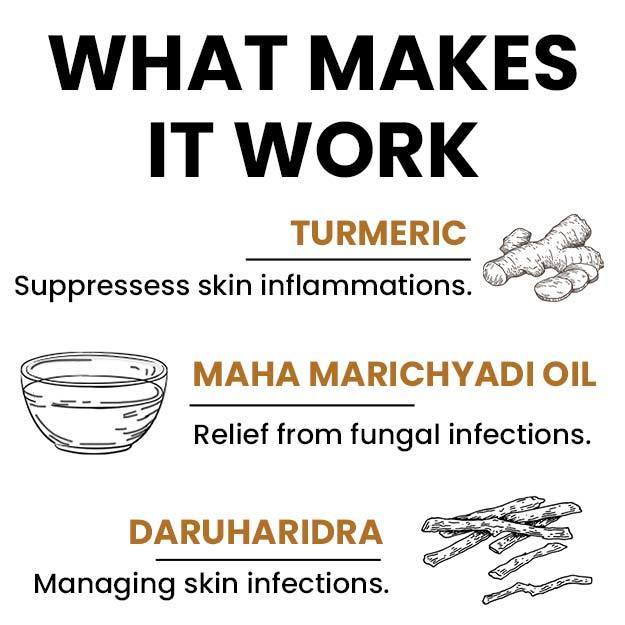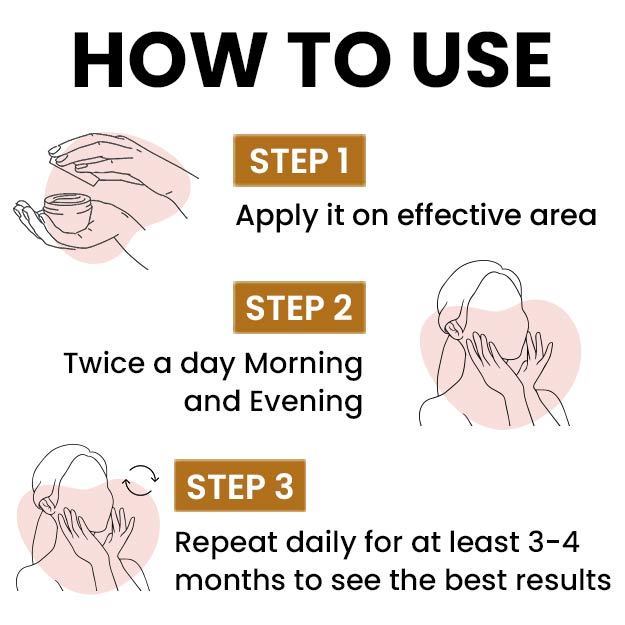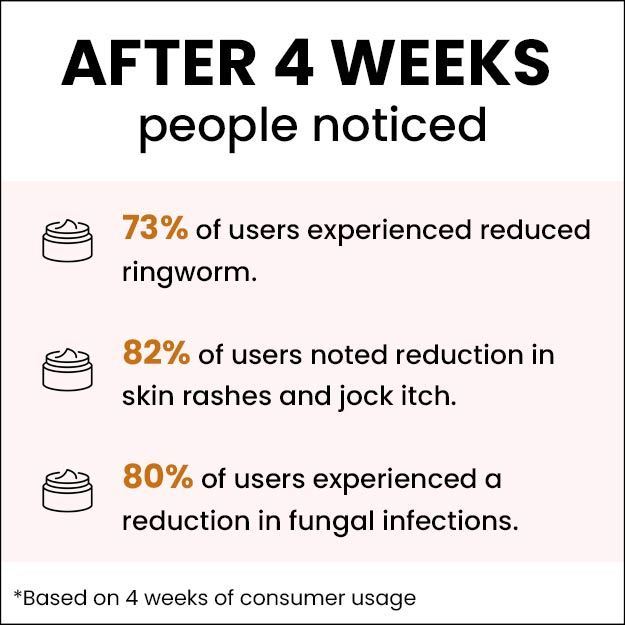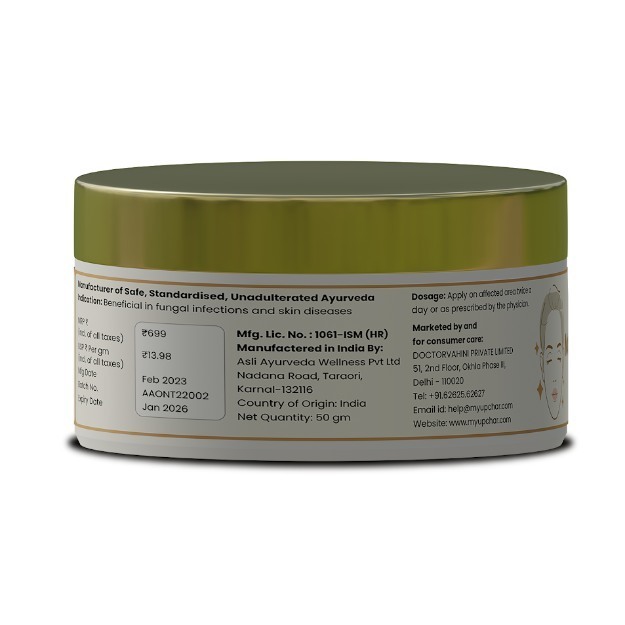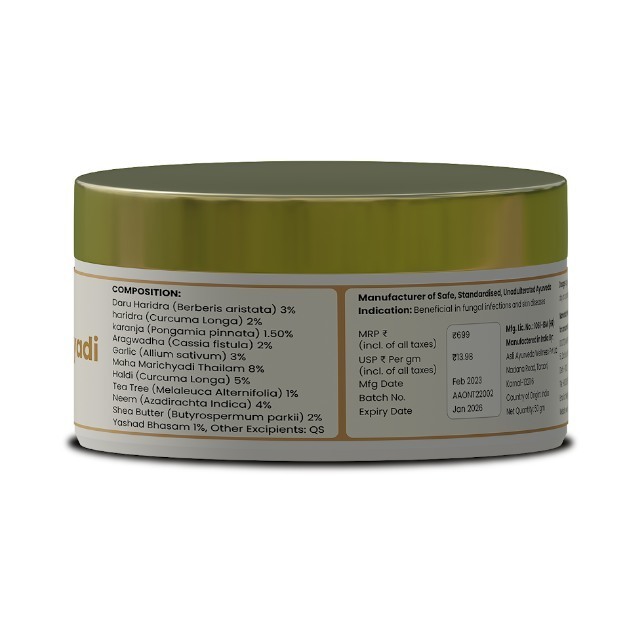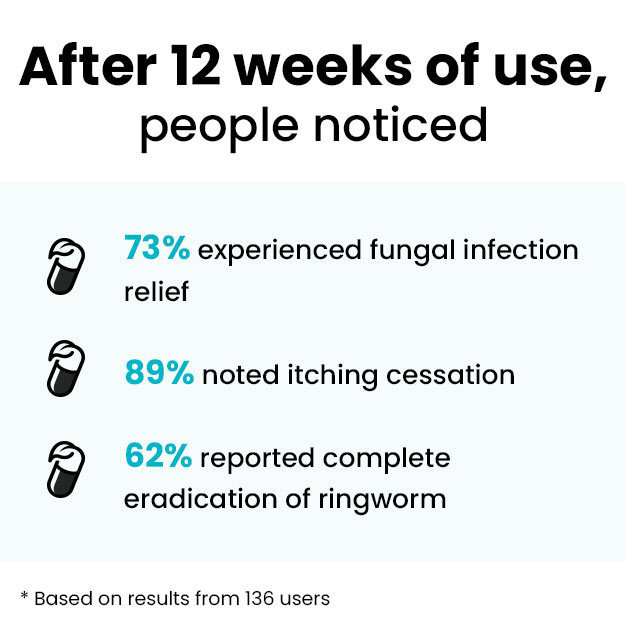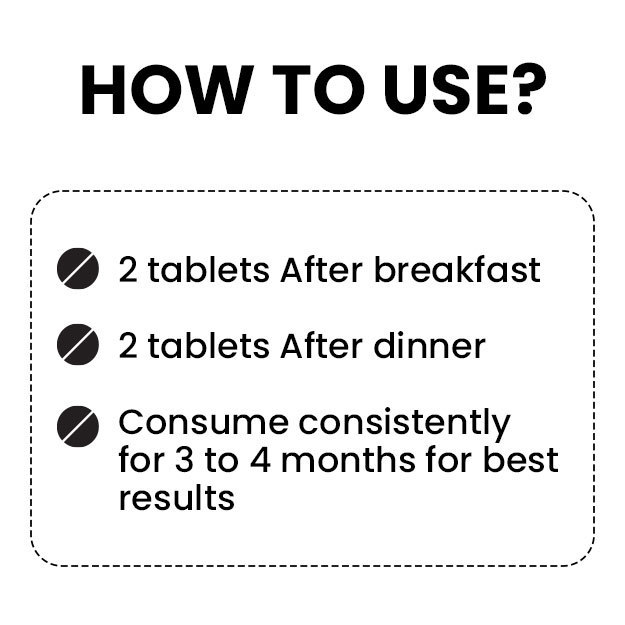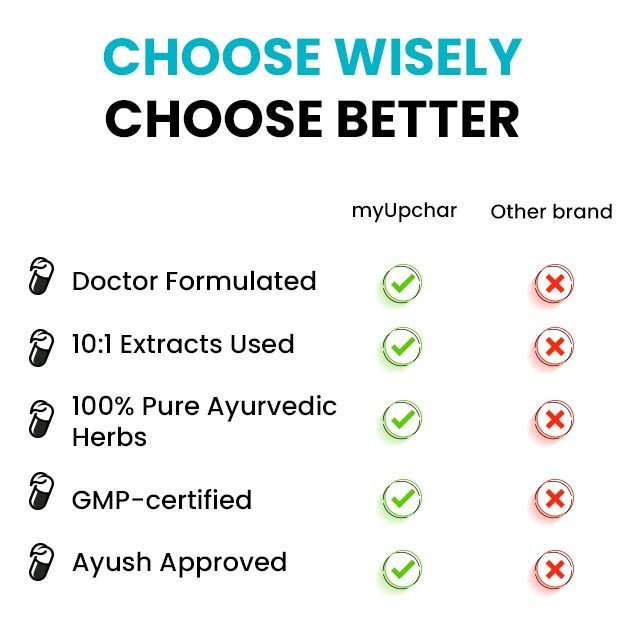What is Factor VII Assay?
Factor VII, also known as proconvertin or stable factor, is one of the proteins that help in the clotting of blood - the process by which our body stops excessive bleeding at the site of injury. It is produced in the liver with the help of vitamin K.
Every time you get an injury, factor VII is activated along with a cascade of other proteins to initiate the clotting process systematically and stop bleeding.
However, people who have a deficiency of factor VII tend to have a faulty clotting process and hence suffer from prolonged bleeding.
Factor VII test determines the level of factor VII in the blood to check for bleeding disorders.
There are two types of factor VII deficiency:
- Inherited deficiency/congenital deficiency: As the name suggests, this type of deficiency is inherited and is thus present since birth. People who have a congenital factor VII deficiency tend to have an absence or low levels of factor VII in their blood. However, it is a recessive genetic disorder - this means the child will only get this deficiency if both the parents are at least carriers of the faulty gene. Hence, inherited deficiency of factor VII is rare and affects about 1 in 300,000 to 500,000 individuals.
- Acquired deficiency: This type of deficiency is acquired at some point during a person’s life. It may be due to liver diseases, low levels of vitamin K or sepsis.







